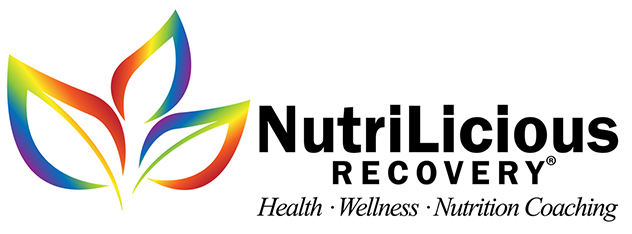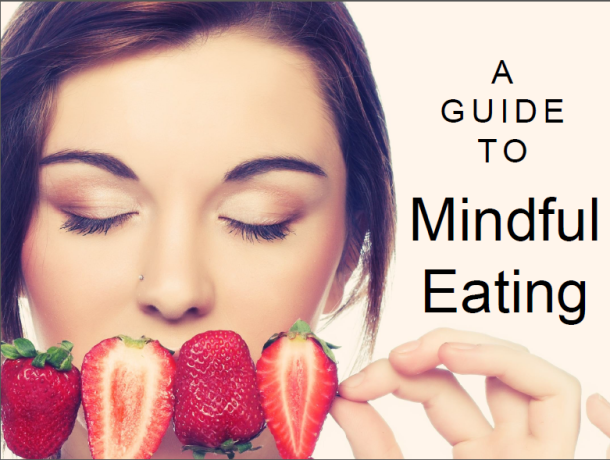
by dnshah | Jul 28, 2020 | Age Defying, Diet and Weight Loss, Health and Wellness Tips, Stress Management, Virus
Vitamin D is a fat-soluble vitamin that isn’t present in many foods. One of the ways we synthesize vitamin D is through sunlight on our skin. Many factors will control how much vitaminD our bodies can make (think location, altitude, season, skin darkness), so it is important to have a backup vitamin D strategy, especially in winters when we don’t have as much opportunity to be in the sun outdoors. Darker skin reduces the absorption of vitamin D.
Vitamin D is very important for our immune system to run optimally. Some of its functions include:
- Stimulate lung protection from infection; reduces risk of acute respiratory infection
- Inflammation reduction
- Helps with calcium absorption (promotes healthy bones)
- Modulation of cell growth (including apoptosis)
- Neuromuscular functions
- Helps to prevent colon, prostate, and breast cancers
There are no known studies proving prevention, reduction, treatment, or a cure against COVID19. That said, many scientists are talking about ensuring adequate vitamin D especially now in light of pandemic conditions.
According to the USDA, adults and children (1-70 years) need 600 IU of vitamin D daily, with older adults needing 800 IU daily. This vitamin is not easily found in foods, but below are some food sources. Non-food sources include sunlight and supplements.
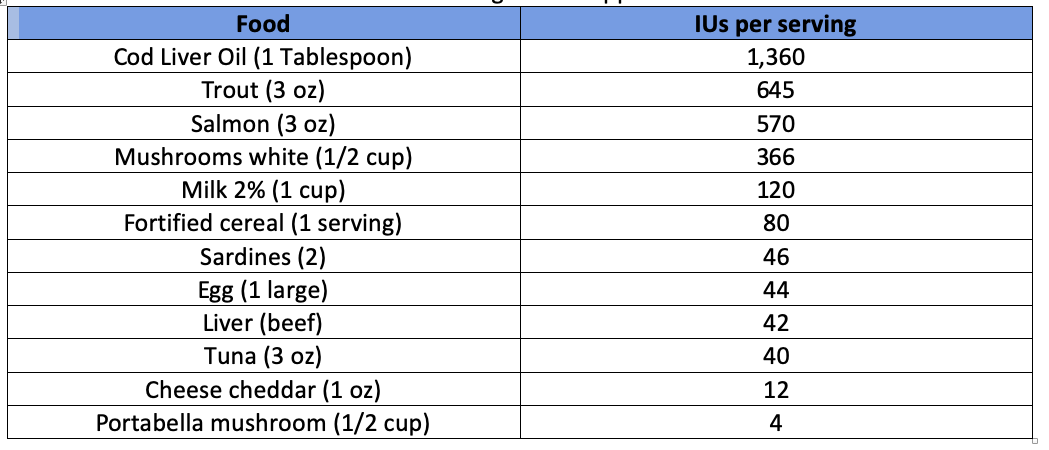
Obtaining sufficient vitamin D from food alone is difficult, hence the need to fortify staple foods with vitamin D (milk, cereals, orange juice, yogurts, margarines). If people have fat absorption issues, this can reduce the uptake of vitamin D also. Many people depend upon vitamin D supplementation to meet the recommended daily intakes.
With supplementation, there can be potential interactions with medications (steroids, weight loss medications) and risks that come with getting too much vitamin D. Excessive vitamin D can cause symptoms (anorexia, weight loss, heart arrhythmias, excessive calcium-blood levels). Excessive calcium-blood levels can lead to vascular and tissue calcification along with other damages.
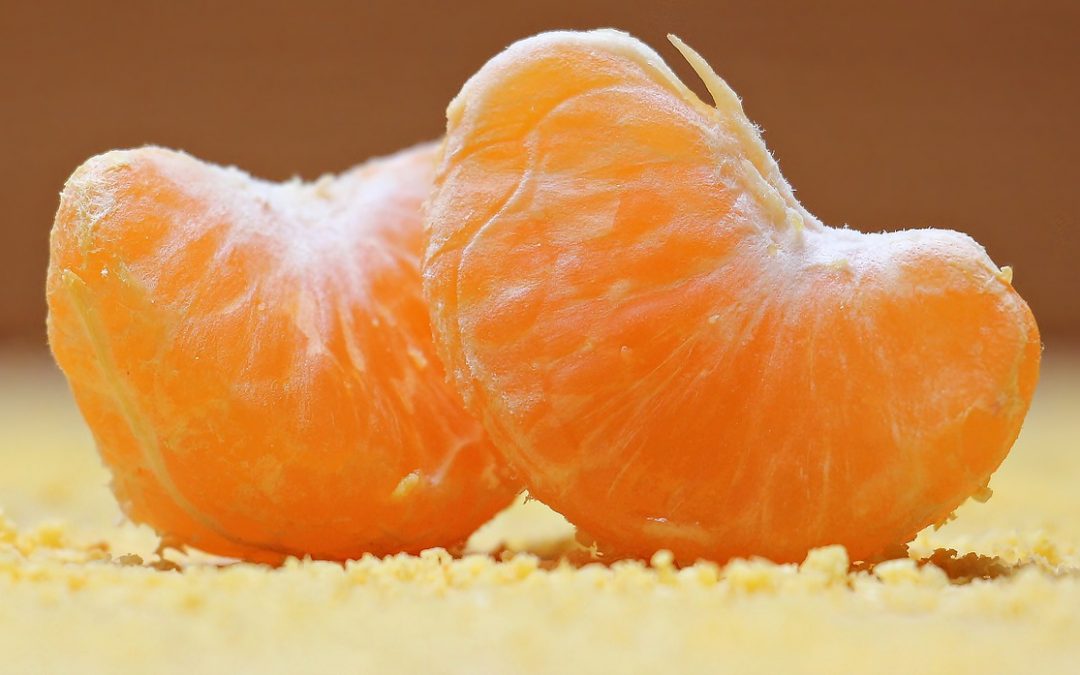
by dnshah | Jul 28, 2020 | Age Defying, Diet and Weight Loss, Health and Wellness Tips, Virus
Vitamin C is essential water-soluble vitamin; our bodies don’t make it so we have to get a new supply daily. In general It protects us from oxidative stress, the normal “wear and tear” process of living. Some other functions of vitamin C include the following(1):
- Maintaining our epithelial barriers – which means it protects us from the outside world (think COVID19 virus and other pathogens, and leaky gut – aka intestinal permeability)
- Our immune natural killer (NK) cells depend upon vitamin C for their optimal function and movements as they travel through the body protecting us from foreign invaders.
- Our immune macrophages depend upon vitamin C for their optimal function as they travel through the body cleaning up debris – “taking out the trash” to minimize inflammatory responses.
- Our immune T- and B- cells depend upon vitamin C for their optimal function as they target microbial killing to defend our bodies.
While there are NO known clinical trials using vitamin C for preventing or treating or curing COVID19, China is actively doing a clinical trial concluding in Sept, 2020 with it.(7)
The important factor with vitamin C is that since our bodies don’t make it, we must come up with a regular routine of supplying the body with good doses daily. And then we have to ensure our digestion is running optimally so we can absorb the nutrients we need. According to USDA, the daily recommended intake for vitamin C for adults is 75mg (females) or 90mg (males) and much lower for babies and children. Sufferers of malabsorption, macular degeneration, certain diseases, and smokers would need more. Some great food sources include:
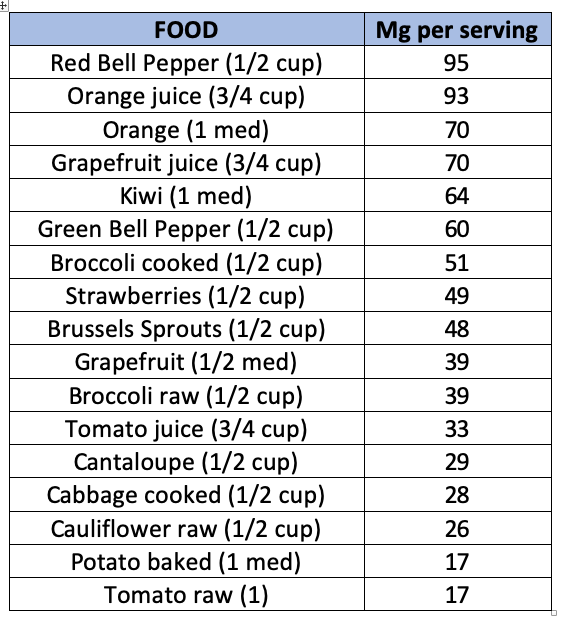
There are minimal health risks from excessive vitamin C (GI issues), however there may be medication interactions with vitamin C supplements. Vitamin C and other antioxidant use while undergoing cancer treatment is controversial at this time. Always seek the help from your doctor before making dietary changes.

by dnshah | Jul 1, 2020 | Age Defying, Diet and Weight Loss, Health and Wellness Tips, Obesity, Stress Management
Ketogenic diets are the current trend, and people want to learn more about which fats are better for you compared to others. While I’m not a BIG believer of long-term ketogenesis, I have seen that the body performs well during ketogenesis; and I know that keto diets work for short-term weight-loss. And I love when bodies are in a fat-burning mode, because healthy fats are REALLY where it’s at for optimally fueling our brains.
Many decades ago I remember my teenage-self making a weight loss goal, and deciding I needed to cut down on fats. I declared to my family, “no more ghee!” Ghee is a clarified butter (healthy fat) made by heating butter and removing the milk solids. It’s better tolerated because it removes the lactose and casein. Its origin is India, so what I had just announced did not bode well for my Indian household. My grandmother looked up at me and promptly informed me that was a bad idea for my bones and brain. Not seeing any logic to how a little fat in a food was going to help my bones or my brain, I explained to her the western science of cutting down fat to lose weight. My grandmother laughed at me and explained the eastern science of ensuring adequate healthy fats in the body to “lubricate” the bones and brain. I didn’t understand nor believe her… after all I was the SCIENTIST! Fast forward decades, and it turns out… grandma was right! It’s really important to consume healthy fats like ghee for fueling our brains and bones, as well as our skin, hair, and digestion. Today Western science has trials underway to better understand the benefits of healthy fats (especially ghee vs. coconut oil). Ghee contains vitamin K2 which is important for calcium absorption and bone strengthening; and it’s also a great skin moisturizer.
Coconut oil has also been BIG since keto diets have trended and especially after Bulletproof Coffee hit mainframe America. People want their MCTs (medium chain triglycerides) and coconut oil has them! MCTs are the key to getting the body into ketosis, and known for improving brain health, decreasing insulin resistance, decreasing inflammation, and promoting weight loss. And it has unofficially been reported that coconut oil has some benefits regarding Alzheimer’s, Dementia, heart disease, diabetes, autoimmunity, and cancer.
The question that logically comes next is… which fat is better? As an adult woman I’m not going to disrespect ghee (like I did as a teenager). Both coconut oil and ghee have a lot going for them in terms of healthy fat advantages, but both have distinct nutrient profiles.
- One of the main fuels for building cells in the intestine is Butyric Acid. It’s also important for digestive health, decreasing inflammation, and improving IBS issues. Butyric acid is abundant in ghee, and not found in coconut oil.
- MCTs benefit our gut microbiome, so can improve overall digestion. Coconut oil contains 60% MCTs and ghee is 25% MCTs.
So coconut oil may be a better fat for brain health, but ghee seems to be a better fat for digestive health. So it depends upon which goal you desire more. Or… you could combine both the ghee and coconut oil and get BOTH benefits! Some health food stores have already mixed both and offer them together.
Current food specialists warn about the consumption of excessive saturated fats. Both ghee and coconut oil fall into this category. So before changing your diet and lifestyle, always talk to your health practitioner or integrative physician and ensure there are no issues or contraindications with the desired change.

by dnshah | Jul 1, 2020 | Health and Wellness Tips, Virus
As the world prepares their bodies for a possible COVID19 infection, we wonder how to improve our immunity and lung function. An older study (1987) had probed the question of sodium’s effect on human lung function. Using data from England and Wales, the correlation discovered was that increased table salt purchase meant increased asthma mortality for men and children (not for women). The conclusion was that a diet rich in sodium (think Western diets) may potentiate asthma. The details were that 3 teaspoons or more of salt consumed daily worsened asthmatic symptoms and lung function and led to increased inhaler puffs daily.
I’ve done some research on salt intake, and there is a great debate amongst peoples. Some say you must get enough (2 teaspoons) salt daily to protect overall health; while others say we have got to cut down the salt (< 2 teaspoons) to improve our health and reduce our risk of chronic disease. My vote goes to moderation. If you can acclimate you taste buds to less salt, I’m all for that; and now there is even more reason for the “less is more” camp – better lung function. Something to consider as we make changes to help us during this COVID timeframe.
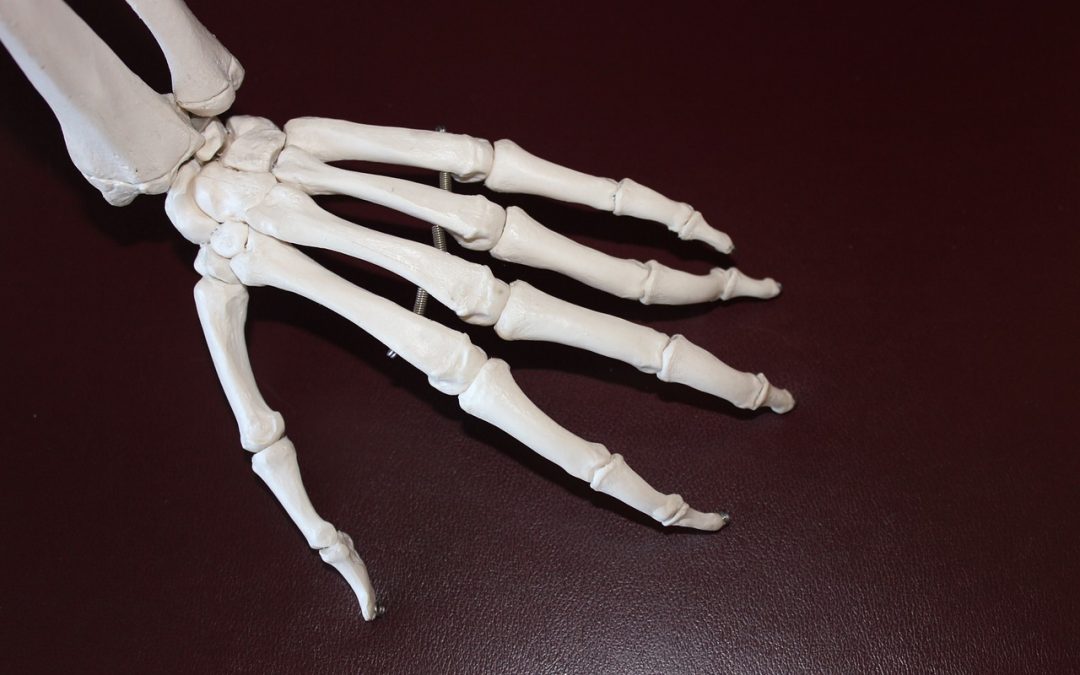
by dnshah | Jul 1, 2020 | Diet and Weight Loss, Health and Wellness Tips, Obesity
Rheumatoid arthritis is an autoimmune disease that affects joints. Sufferers have progressive joint damage along with pain and stiffness. It affects women three times more than men.
But there is hope. There are medications that halt the progression by slowing down immune responses. While that doesn’t sound great at a time of COVID19, the medications work and people are able to resume a “normal” life. There has also been success in alternative remedies (diet changes) as well.
People trialed a vegan diet for 3.5 months, and then switched to an egg-free lactovegetarian diet for 9.5 months. The result showed SIGNIFICANT improvement in morning stiffness (in as fast as 4 weeks), grip strength, joint tenderness, swelling, and a drop in disability. Some weight loss was also seen (bonus!). The reason behind the improvement is that their chronic inflammation reduced (seen in inflammatory markers in their blood).
But how could diet affect RA? It’s an autoimmune condition. I use an example in my book, RIGHT Diet for Autoimmunity, where autoimmunity is simply a case of mistaken identity. The body is fighting foreign invaders. It’s normal. But sometimes in the case of mistaken identity, we get a horrible accident – like friendly fire. We accidentally hurt one of our own.
There is this bacteria, Proteus mirabilis, that’s sometimes found in urine (more women than men). In some cases this bacteria triggers an immune response. There is a molecule in this bacteria that somewhat resembles molecules in our joints. So when an immune response launches we have anti-Proteus antibodies (against the bacteria) that inadvertently may begin the process of damage to the joint tissues. And then the process keeps progressing. What started out as a very normal defense process turns into a life-long battle that never was supposed to be.
Researchers wondered what would happen if we could remove that bacteria from RA sufferers; would that cause a decrease in the inflammatory process? Typically a bacteria causes an inflammatory response after some type of infection (like a UTI). That infection is the result of bacteria coming from fecal flora into the bladder. So, the high impact change would be to change the fecal flora…and that can be accomplished by changing our diet!
So you see … step by step… the high impact changes can come from diet tweaks (changes in our gut flora). For over 2 decades we’ve studied gut flora and have seen when people shift away from the standard American diet to a vegan or vegetarian diet, there are SIGNIFICANT changes in the microbiome. We’ve also seen that plant-based diets showed a significant drop in anti-Proteus antibodies, in fact as a bonus there were other beneficial changes to the urine’s composition when shifting to a plant-based diet (like higher number of anti-cancer lignans).
While we see a PROFOUND influence from diet and RA being treated with vegetarian diets, people still need more support and education to learn how to stay on a plant-based diet. That’s where health coaches, nutritionists, dieticians, and nutritional therapists can help to support people until good practices, meal plans, and food choices become NATURAL HABIT!
If you know someone suffering from RA, tell them there is hope with shifting to a plant-based diet and you know a great nutritional therapist that can help them explore a new way of eating!


